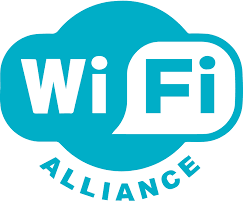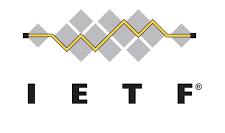
Abstract
The OASIS WS-Calendar TC works to adapt existing calendaring standards (used in human interactions) for Web services. WS-Calendar is designed for use inside other specifications and standards, bringing a common scheduling and performance allignment to service coordination, including between domains. The Committee bases its initial work on the iCalendar (IETF RFC 5545) XML serialization specification from CalConnect.
One of the most fundamental components of negotiating services is agreeing when something should occur, and in auditing when they did occur. Short running services have traditionally been handled as if they were instantaneous, and thereby dodged this requirement through just-in-time requests. Longer running processes may require significant lead times. When multiple long-running services participate in the same business process, it may be more important to negotiate a common completion time than a common start time. Central coordination of such services reduces interoperability as it requires the coordinating agent to know the lead time of each service.
Other processes may have multiple and periodic occurrence. Identical processes may need to be requested on multiple schedules. Other processes must be requested to coincide with or avoid human interactions. An example is a process that occurs on the first Tuesday of every month. Others may need to be completed on schedules that vary by local time zone.
Physical processes are now being coordinated by web services. Building systems and industrial processes are operated using a variety of building- and industrial-automation protocols. Energy use in buildings can be reduced while improving performance if building systems are coordinated with the schedules of the buildings occupants.
An increasing number of specifications envision synchronization of processes through mechanisms including broadcast scheduling. Efforts to build an intelligent power grid (or smart grid) rely on coordinating processes in homes, offices, and industry with projected and actual power availability, including different prices at different times. Two active OASIS Technical Committees require a common means to specify schedule and interval: Energy Interoperation (EITC) and Energy Market Information Exchange (EMIX). Emergency management coordinators wish to inform geographic regions of future events, such as a projected tornado touchdown, using EDXL. These efforts would benefit from a common standard for transmitting schedule and interval.
For human interactions and human scheduling, the well-known iCalendar format is used. Today, there is no equivalent standard for web services. As an increasing number of physical processes are managed by web services, the lack of a similar standard for scheduling and coordination of 34 services becomes critical.
The goal of WS-Calendar is to adapt the existing specifications for calendaring and apply them to develop a standard for how schedule and event information is passed between and within services. The standard should adopt the semantics and vocabulary of iCalendar for application to the completion of web service contracts.
A calendar event without an associated contract is of little use. The anticipated use of the WS-Calendar specification is as a component to be used within other specifications, bringing a common scheduling function to diverse interactions in different domains.
General Information
Working groups: https://www.oasis-open.org/committees/tc_home.php?wg_abbrev=ws-calendar
ICT rolling plan topic: Applications of information technology
SDO: OASIS





